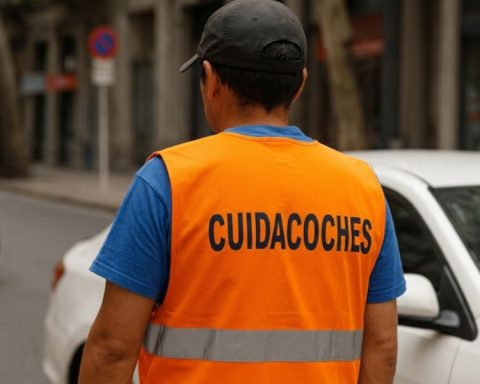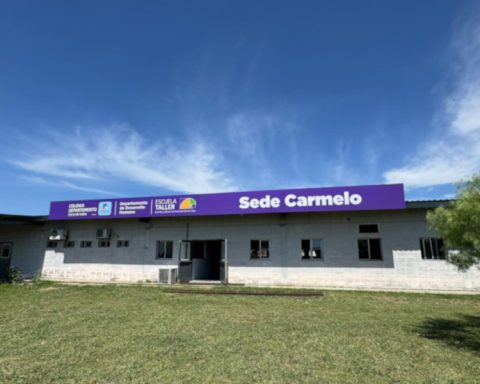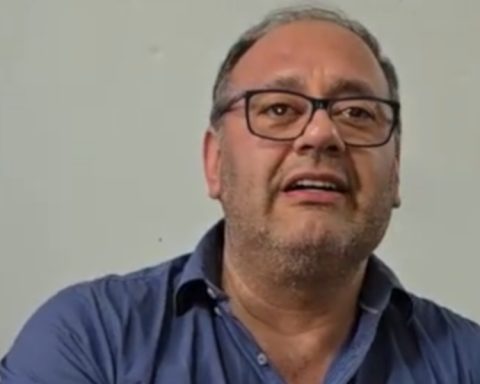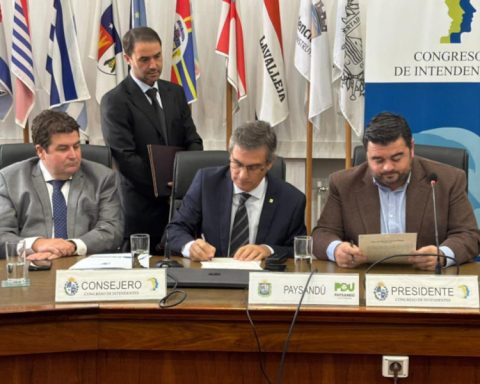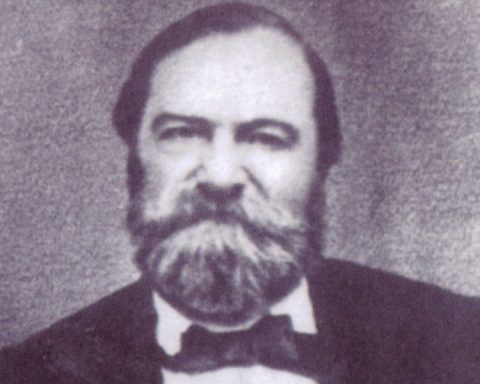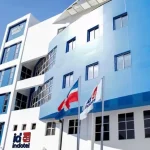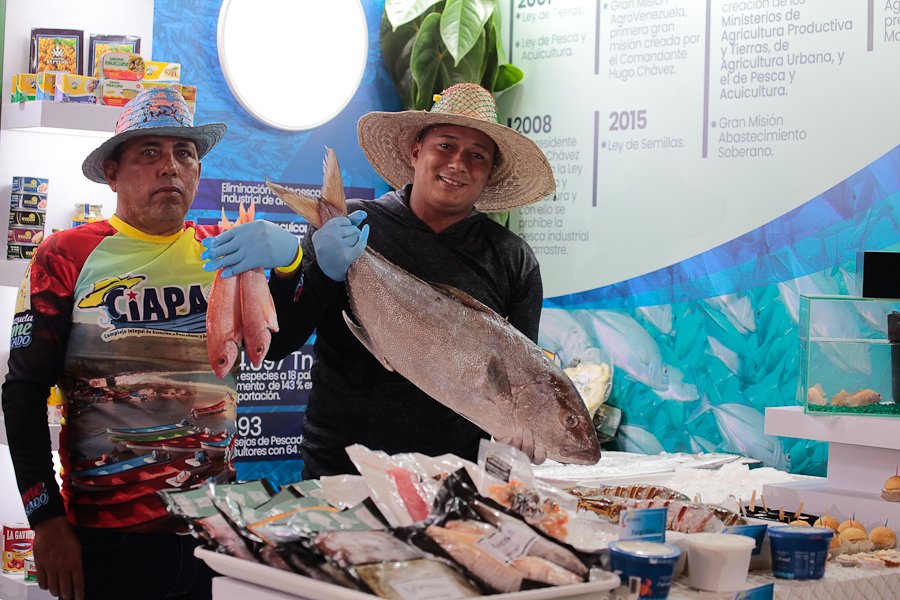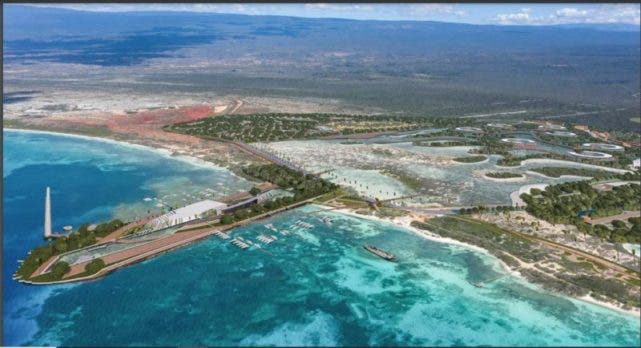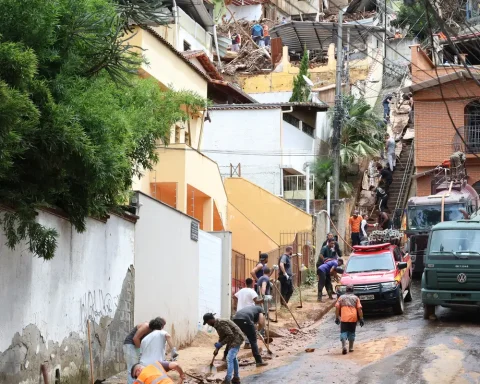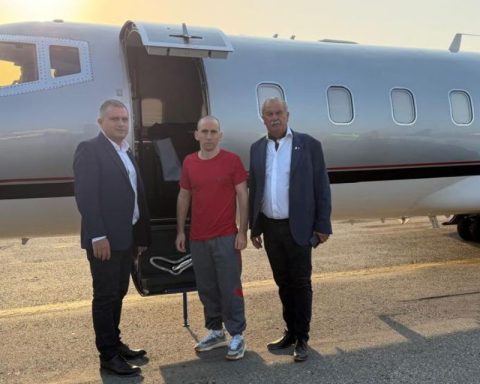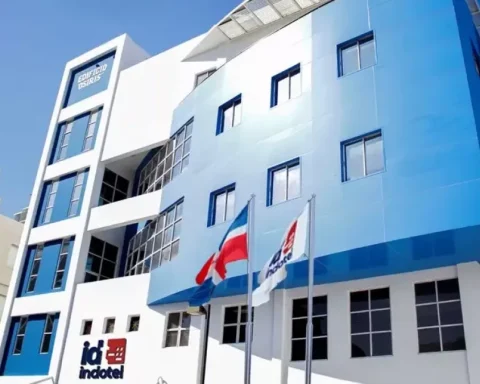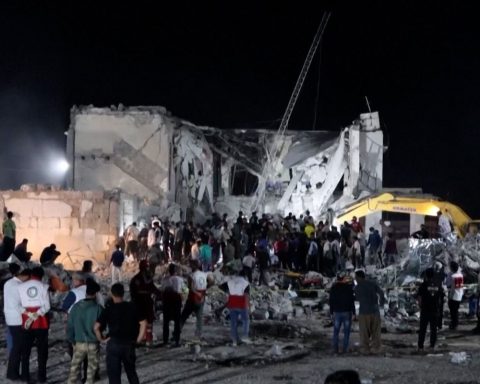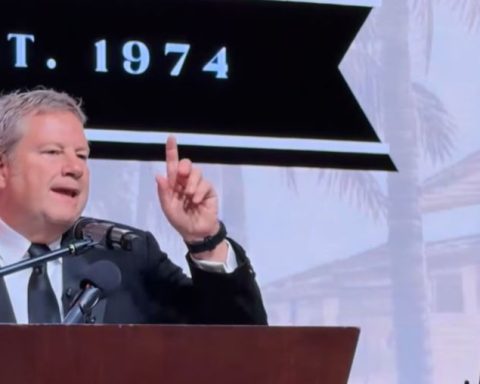The economist and executive director of the Center for the Study of Economic and Social Reality (Ceres), Ignacio Munyo, presented this week his second book, The construction of hope. Reflections on the strengths and improvements for the Uruguay of the future (Debate).
In front of an audience made up of, among other personalities, the former president Julio Maria Sanguinettithe Minister of Education and Culture, Pablo da Silveirathe former Minister of Economy —and godfather of the author’s baptism— louis fly and the businessman Orlando Dovat, Munyo spoke about “the mother of all reforms”, one of the main challenges that Uruguay must face to develop. In fact, chapter six of his book deals with that topic in depth.
“Should the economy be opened to international trade or should the sector be kept protected from foreign competition?”, the expert wondered. This dilemma has questioned Munyo for a long time, and many of his investigations have even sought to answer this question.
According to the economist, Uruguay must aim to sophisticate and diversify the export package to achieve “greater socioeconomic development”. Several studies—some of them carried out by Munyo himself—indicated that, Although agreements between countries may mean that certain economic sectors face greater competitiveness, only “one in four countries that opened up failed to advance in the sophistication of their products,” the book details.
At the same time, Half of the countries analyzed managed to improve their exports and, consequently, in their human development. Besides, 60% also achieved improvements in their value chainsdevelop the publication.
The mother of all battles is the progressive opening that Uruguay must assume before the world, reflected the economist in the framework of the presentation of building hope.
Debate
Cover of “The construction of hope” (Debate, 2023)
Between openness and comfort zone
“There is a position present in our country —although to a lesser extent— that indicates that we must hope to be ready and then open up to the world. You are never ready. Countries open up and then get ready to go compete in the world,” Munyo said Tuesday.
The economist recognized the chain of efforts that the different governments carried forward for the opening of Uruguay for almost 40 years.
The relations with china they began with the first government of Sanguinetti, more than 30 years ago. This was followed by founding of Mercosur (or Common Market of the South) during the administration of Alberto Lacalle Herrera. During the government of Jorge Batlle, a Free Trade Agreement (FTA) with Mexico. In the years of the Broad Front, deepened trade ties with the Asian giant and an economic policy of decoupling with the region was carried out, especially with Argentina.
From the founding of Mercosur to the present, a trade agreement between the European Union —which is not strictly speaking an FTA, Munyo points out in his book— and the bloc that includes Brazil, Argentina, Paraguay and Uruguay. And, although this path has been gradual and with some interruptions, 2019 was a key year for the agreement between the blocks.
Likewise, the government of Lacalle Pou was flagged from the electoral campaign with the opening of Uruguay to the world. With this maxim, the current administration has tried to speed up negotiations with China, started talks with Turkey to generate a FTA and submitted an application to enter the Trans-Pacific Agreement on Economic Cooperationa market of 500 million inhabitants.
Munyo valued the “deepening” of this road during the government of Lacalle Poualthough he recognized the importance of having “patience”, because these are links “that require time” to make them germinate.
Visit of Lula da Silva, a good sign
It was along these lines that the director of Ceres valued the visit of the new Brazilian president, Luiz Inácio Lula da Silvato Uruguay and his meeting with Lacalle Pou —in addition to his meeting with the mayor of Montevideo, Carolina Cosse, and with former president José Mujica—.
“There is good news,” Munyo assessed, and elaborated: “The visit of the president of Brazil (to Montevideo) was a good sign because it removed the doubts that existed during the campaign (with Jair Bolsonaro) about the opening of Mercosurwhich includes the agreement with the European Union” with which they have been dealing for decades.
“I think that what made him change (his position) was the reality of Brazil,” the expert asserted. For the economist, Brazil has great potential due to its food production capacity: “That is why Lula adapts, evolves, and proposes the agreement with the European Union as an absolute priority,” he said.
Munyo pointed to the Russia-Ukraine war as a factor that may speed up talks between the continental blocs. “The war made Europe look to America,” he reflected on it.
